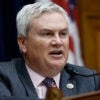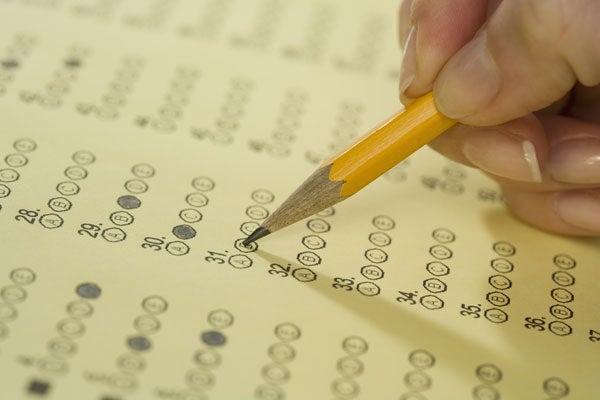What we cherish dearly in the private school community (be it religious or independent) is freedom—the freedom to provide an education different from that provided in public schools.
America is a pluralistic society, with lots of answers to the question, what is the good life? And schools reflect those answers. Thus we have a rich variety of schools—Jewish, Catholic, Evangelical, Montessori, Waldorf, and a host of others. These schools give parents the chance to make a match between their definition of the good life, their idea of the purposes of education, the needs of their child, and the offerings of a particular school.
We should all cherish such diversity; without it there is no freedom in education. If the government so regulates schools as to destroy their difference—meaning everyone must use the same common standards—it has, in effect, robbed parents of the right to direct the upbringing of their children. Choice, after all, requires options.
So for lawmakers who are examining standards for school choice programs, the question should be, how do we develop accountability measures that respect and preserve diversity of options and parental freedom?
The U.S. Supreme Court gives some guidance in the landmark case Pierce v. Society of Sisters:
“No question is raised concerning the power of the state reasonably to regulate all schools, to inspect, supervise and examine them, their teachers and pupils….” (Pierce v. Society of Sisters, 268 U.S. 510 (1925))
But in the same decision, the court goes on to declare that the state cannot unreasonably interfere “with the liberty of parents and guardians to direct the upbringing and education of children under their control.” And it continues:
The fundamental theory of liberty upon which all governments in this Union repose excludes any general power of the state to standardize its children by forcing them to accept instruction from public teachers only. The child is not the mere creature of the state.
In other words, the court struck a balance between the liberty rights of parents to direct the education of their children and the right of the state to make sure that education achieves certain state interests. The balance suggests a light regulatory touch to ensure that students are not standardized.
In this era of Common Core standards and school report cards and state assessments, a charge we often hear is that private schools are not accountable. Well, not accountable to whom? All private schools are schools of choice—chosen by parents, the child’s primary educators, and presumably chosen because they provide an education consistent with the parents’ expectations of what a school should be.
There are free-market forces at play in these schools that ensure a level of quality control immediate, effective, decisive, and unforgiving. If private schools don’t deliver what parents want, they take their business someplace else, and the school closes. Now that’s accountability. The fact is that private schools are the most accountable schools in the country.
Private schools are reluctant to invite the state in—reluctant, that is, to submit to excessive government control—because we know who we are. They have been educating youngsters for hundreds of years in this country. They have a solid track record, and they each have a clear philosophy, a focused mission, and a distinctive approach to education. What’s more, they know they must be free to fulfill their unique nature.
Joe McTighe is the Executive Director of the Council for American Private Education, www.CapeNet.org.






























